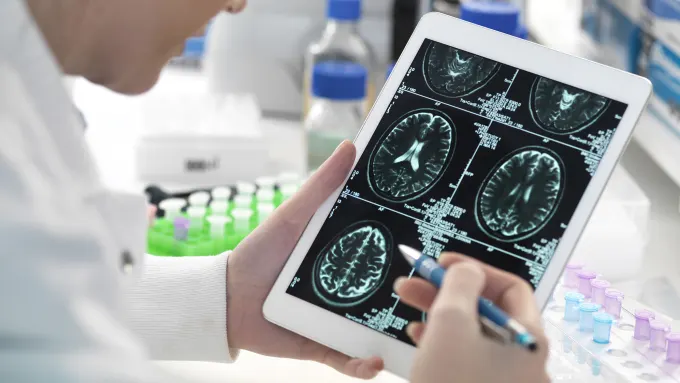
Early-onset dementia symptoms in five adults may be connected to a now-discontinued human growth hormone medical treatment that they received decades ago as children, a new study suggests.
The study, published Monday in the journal Nature Medicine, provides the first reported evidence of medically acquired Alzheimer’s disease in living people. In these cases, the patients’ early-onset dementia symptoms may be the result of the possible transmission of amyloid beta protein, which is a key component of Alzheimer’s disease when it forms plaques in the brain.
Abnormal buildup of the protein amyloid beta in the brain is associated with Alzheimer’s and the new study suggests that amyloid beta contamination may have a connection with the early dementia symptoms experienced by the patients in the study. The study findings do not suggest that Alzheimer’s disease can be contagious, or spread like viral or bacterial infections, for instance, but they raise new questions about Alzheimer’s and other degenerative diseases.
“I should emphasize these are very rare occurrences, and the majority of this relates to medical procedures that are no longer used,” John Collinge, lead author of the study and director of the University College London Institute of Prion Diseases, said in a news briefing.
 Weekly Bangla Mirror | Bangla Mirror, Bangladeshi news in UK, bangla mirror news
Weekly Bangla Mirror | Bangla Mirror, Bangladeshi news in UK, bangla mirror news







